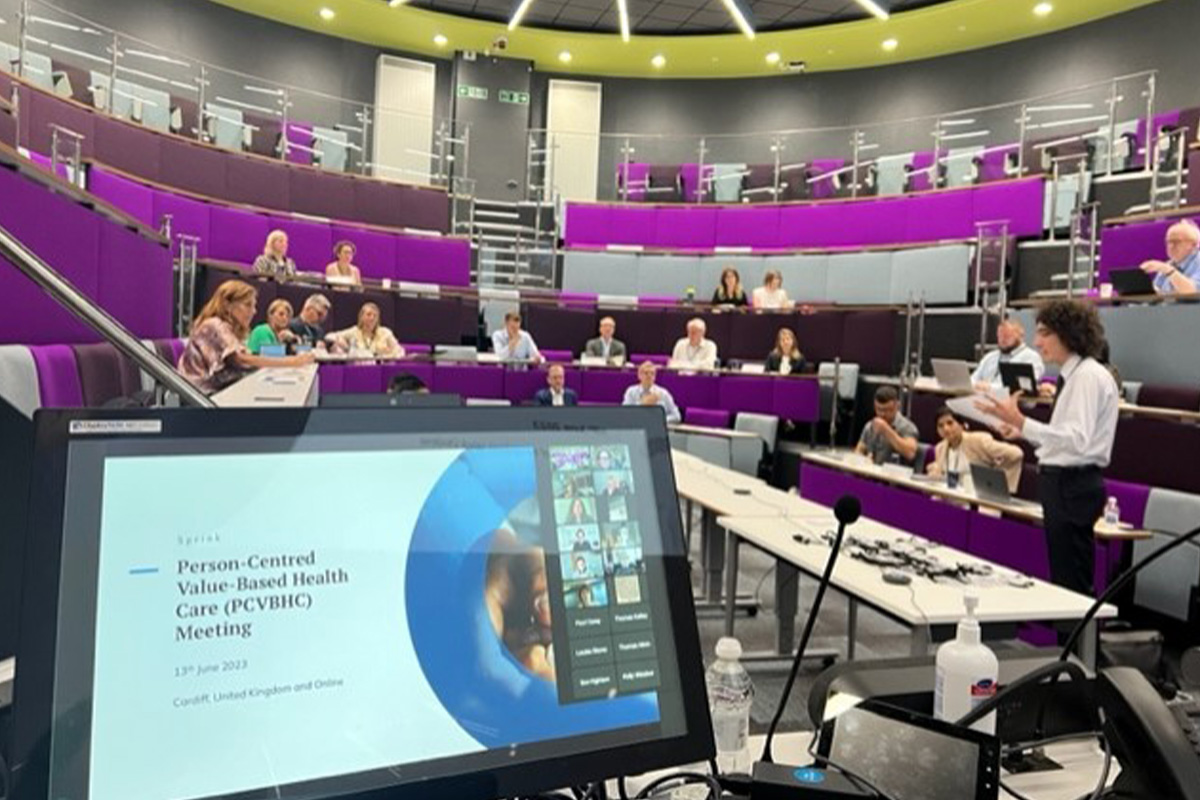In August 2022, I attended meetings in my home country of Chile to provide a perspective on what its health and care reform programme could learn from the NHS and Person-Centred Value-Based Health Care.
Currently, 68% of the population is covered by the National Health Insurance Fund, 18% by private health insurance companies, and 14% by not-for-profit organisations or have no specific coverage. The public sector generally serves low-income and high-risk populations. In contrast, the private sector treats high-income and low-risk populations.
Because of this arrangement, Chile’s public and private health subsystems have existed almost separate from each other rather than coordinating to achieve common health objectives. [1] Historically, health care planning has focused mostly on tracking costs rather than the outcomes that really matter to people.

This has prompted the Chilean government to introduce its first major health reforms since 2000. [2] Following the country’s 2019 social unrest, a new constitution has been developed. It will be subject to a national referendum in September 2022 for citizens to approve or reject. The new constitutional proposal includes creating a single national health service, like the British National Health Service (NHS) model.
At the meetings I attended, I gave a presentation about what works well and what are the lessons in the NHS about structure, organisation, financing, and its future plans. One case study I highlighted was how the Global Centre for PCVBHC is partnering with NHS Wales to ensure that its health care system delivers high-quality, person-centred sustainable health care in the future. At the Global Centre for PCVBHC, our aim is that the approach will: a) Empower professionals to do what they are trained to do – that is to work with patients to co-produce care that meets the values, goals and preferences of individual people; b) Ensure measurement systems reflect what matters to our individual patients; c) Ensure pathways and services are better orientated towards the values, goals and preferences of individuals; and d) Allow health care systems to be sustainable, as co-creating care with patients often results in less care and not more.
Gathering these key lessons from the UK and around the world will help the population and decision-makers make an informed decision about the country’s future health care system.
At Sprink and the Global Centre for PCVBHC, we will be looking on with interest at what happens next in Chile and hope to further support the next phase of health care provision.
If you are interested in learning more about this work or would like to discuss future opportunities to get involved in the Global Centre for PCVBHC, please get in touch with Andrea Srur, Associate Director, Global Centre for PCVBHC: a.srur@sprink.co.uk
You can also download the 2021 Person-Centred Value-Based Health Care Report here: https://www.sprink.co.uk/pcvbhc-report/
References
[1] Bastias, Gabriel & Pantoja, Tomás & Leisewitz, Thomas & Zarate, Victor. (2009). Health care reform in Chile. CMAJ : Canadian Medical Association journal = journal de l’Association medicale canadienne. 179. 1289-92. 10.1503/cmaj.071843.




